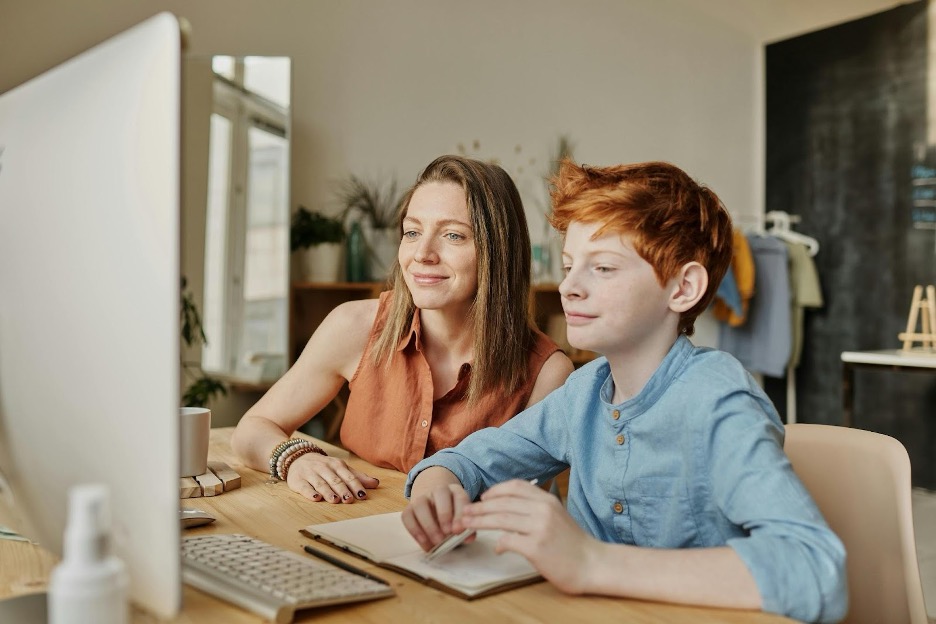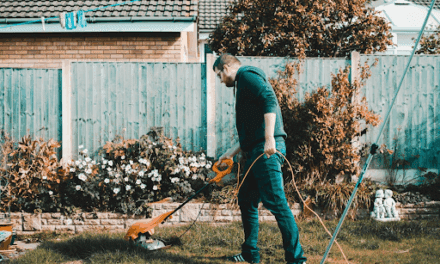Of all the skills, abilities and traits that are useful to have in life, self-confidence must be one of the most powerful of all. If someone has a lot of genuine self-confidence, that is generally going to help them in most areas of life, if not all. By that same token, a lack of such confidence can be hugely damning and destructive. So clearly, it is an important thing that you will want your children to develop.
The question is: can you help them to become self-confident? Is it something that you can teach to your children? The answer is yes, in short – you can help your child to become more self-confident. But they will also need to do a lot of the work themselves, because that is how it develops. Nonetheless, there are a lot of things you can do to help it along, and we’ll look at what those are shortly below.
What Confidence Actually Is
Part of this might be teaching your kids what confidence is in the first place, and that is something that you should aim for early on. For that, of course, you will need to know yourself what confidence actually is, and it is not always an easy thing to answer. It might help to consider what confidence is not, first of all.
So confidence is not being loud, or being fearless, or always being completely sure of yourself. Nor is it having power over other people. It’s more like power with other people. It’s the belief that you can try something, handle the inevitable setbacks, and figure things out. It might be helpful to think of it as a muscle, one that grows stronger with every use. If you can teach it in this way to your kids, that could be enormously helpful all in all.
Letting Your Child Try – And Fail
A big part of this, then, is learning how to deal with so-called ‘failure’. One of the most important lessons you can hope to teach your child is to manage failure in the appropriate way. That means that you should let them try, and let them fail, and then allow them to openly deal with that situation calmly and with self-love. It’s all about perspective and perception: encourage them to see failure as a learning, an opportunity for growth, rather than something to be ashamed about. This is a much better approach, and one that is going to help them to deal with it a lot more easily and effectively.
You can teach this by letting them struggle with something that isn’t all that important, to start with – such as a puzzle, or building something that ends up being crooked. Even losing a game can teach resilience. The key is to create a safe space in which they can fail without shame – by which point they will see that failing isn’t shameful at all anyway.
Praise Effort Over Results
In a similar way, you might want to consider the potential power of praising your child’s efforts rather than their results. If you can do this, it’s going to mean that you are most likely to watch them develop and grow. Whereas, if you attach too much to the result too much, they will probably do the same, and that will mean – ironically – that the results end up being poorer, and their confidence becomes stilted.
In focusing on effort rather than results, you are instilling in them a belief that just trying is enough, and what makes them worthy. Kids who learn to value effort see challenges as opportunities rather than threats, so this is something that you are going to want to think about for sure.
Encourage Collaboration
Working with other people is another major way in which kids can learn more about themselves and hopefully improve their own self-confidence. So, anything you can do to encourage collaboration in your children is going to be hugely helpful here. You might want to make sure that they have plenty of opportunity for working with others, as the collaborative learning benefits can be hugely rewarding.
This is just one of those powerful and natural ways of developing confidence, and it’s quite amazing how well it can work. You will find it’s a really useful thing to consider, and something that you are going to want to focus on as early on as possible too.
Model Confidence Yourself
One of the best ways to help your child to become more confident is to ensure that you are modeling confidence yourself. That means you’ll need to work on it yourself to ensure that you are going to get to a place of confidence within that is genuine. If you have done that, it’s going to make a huge difference – you will naturally present a more confident version of yourself, and your child is going to pick up on that quite naturally and unconsciously as well. All in all, it will really make a huge difference, and you’ll find that you are both better off as a result.
Of course, that means doing the necessary inner work on yourself, but that is well worth doing if you want to move ahead in life and get more out of it.
Encourage Independence
In all that, you are also going to want to make sure that you are encouraging independence in your child as best as you can. That’s the kind of thing that is going to be hugely important in helping them to feel better about themselves, and it’s quite amazing what it can do. Independence and self-confidence are closely linked, so it’s a good idea to make sure that you teach why this is so important and that you are working with them to develop both at once. If you can do that, the results are going to be so much better, and your child will have a much better start in life.






